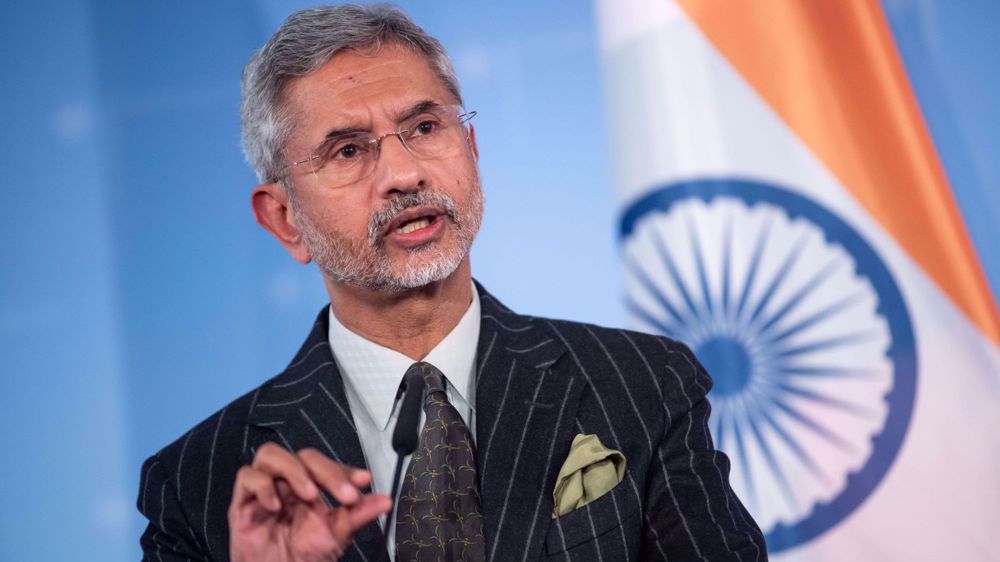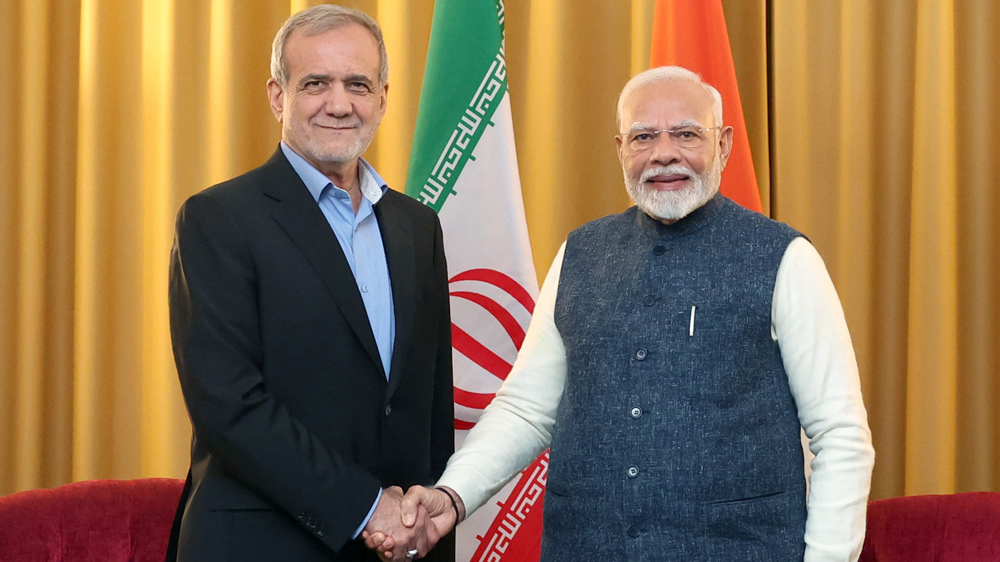Indian PM in Nepal as rivalry with China heats up
Indian Prime Minister Narendra Modi arrived in Nepal Friday for a two-day visit aiming to reset strained relations between India and its small northern neighbor.
Modi landed in the southern city of Janakpur where he will offer prayers at a famed Hindu temple.
He will later travel to Kathmandu to inaugurate the construction of an India-funded hydropower plant with his Nepali counterpart K.P. Sharma Oli.
The visit is the latest in a series of goodwill gestures by New Delhi, which has been alarmed by China's growing influence in Nepal.
In 2017, Chinese firms pledged investments of more than $8.3 billion, dwarfing Indian commitments of $317 million, and in May last year Nepal signed up to Beijing's ambitious One Belt, One Road initiative.
In a statement Modi said the visit was part of his government's "neighborhood first" policy and "reflects the high priority, India, and personally I, attach to our age-old, close and friendly ties with Nepal".
The inauguration of the $1.4 billion India-backed Arun Three hydropower plant will mark a major diplomatic win for India.
It is the first of five long-mooted mega hydropower projects, two of which are backed by Chinese companies, to begin construction.
Analysts say India wants to show it can also deliver on its promises.
"Historically India-funded projects, while they seem generous, have struggled to show progress, while the Chinese do it quicker and gain on public opinion," said Kathmandu-based analyst George Varughese.
The five hydropower plants have been in the works for over a decade and would be a game-changer for Nepal.
The Himalayan nation has enough water to be a hydro powerhouse but it has so far harnessed less than two percent of its hydro potential, according to estimates.
Ties with New Delhi nosedived in 2015 when Kathmandu passed a controversial new constitution that sparked deadly protests in southern Nepal, triggering a months-long border blockade.
Kathmandu blamed New Delhi for imposing the blockade that caused a crippling shortage of fuel and essential goods just as the country was struggling to recover from a devastating earthquake earlier that year.
Oli, then serving his first term as prime minister, won huge public support as he stoked nationalistic sentiment against the blockade, a platform he used again during his successful reelection campaign last year.
Many in Nepal remain suspicious of India's 'big brother' attitude, and the hashtags #ModiNotWelcomeInNepal and #BlockadeWasACrimeMrModi trended on Twitter as the Indian premier touched down.
Oli, who needs India -- Nepal's largest trading partner -- to realize his ambitious plans to kickstart economic growth, has opted for a more pragmatic approach to relations since his second elevation however.
In April he travelled to New Delhi for his first trip abroad since being elected for the second time.
(Source: AFP)
‘All wars have rules. All of those rules have been broken’ by Israel
VIDEO | Report flags India’s violation of rights of Rohingya detainees
Turkey's foreign minister meets Syria's de facto leader in Damascus
'Next to impossible' to rescue patients from Gaza's Kamal Adwan Hospital: Director
VIDEO | Vietnam current prosperity
Report blames gasoil exports for shortage at Iranian power plants
VIDEO | Hind Rajab Foundation names Israeli war criminals vacationing after Gaza genocide
VIDEO | Australians rally for Gaza ahead of Christmas festivities











 This makes it easy to access the Press TV website
This makes it easy to access the Press TV website